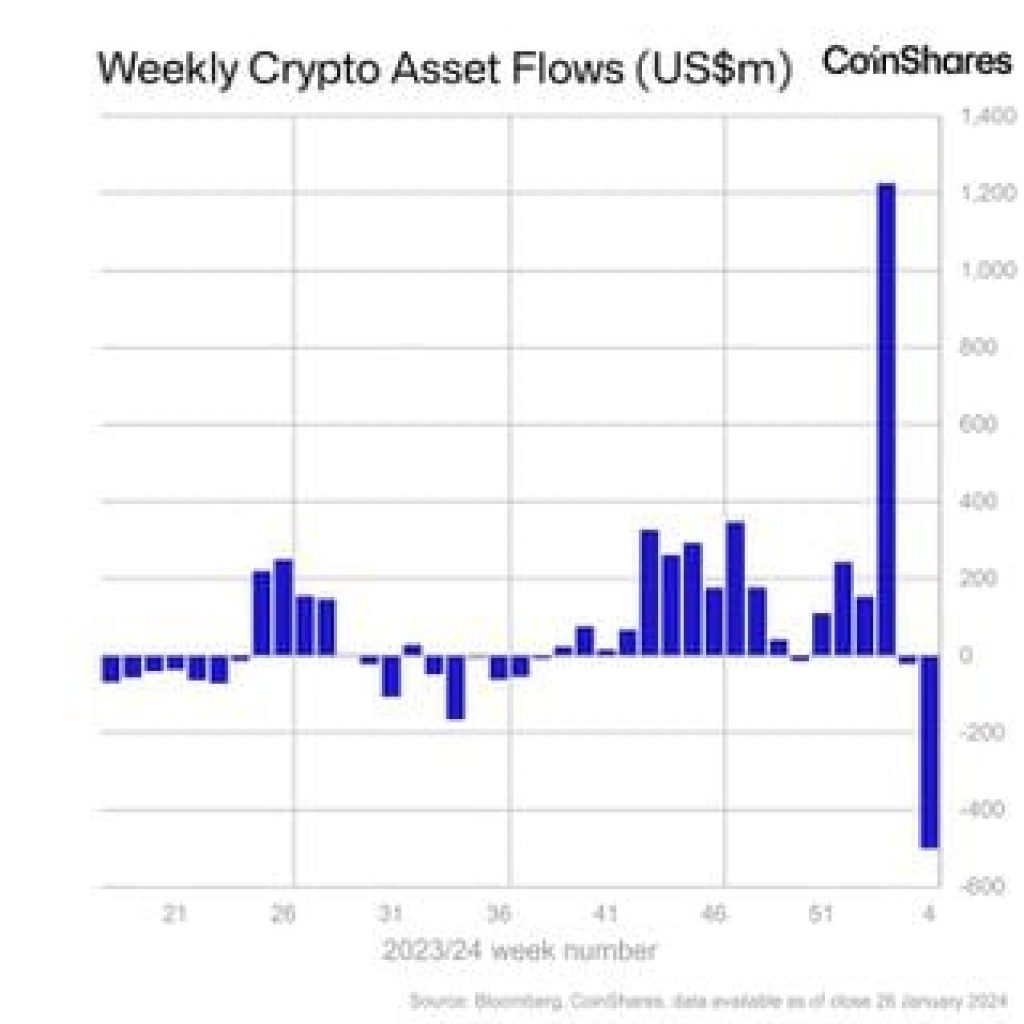The United Kingdom’s decision to leave the European Union, a bold step taken in 2016, marked a significant shift in the nation’s trajectory. Despite the changing tide of public opinion and the emergence of “Bregret” among voters, a reunion with the EU appears to be a distant, if not an impossible dream. The waters of political and economic relations have been stirred too deeply, rendering the path back to the EU not just turbulent but virtually impassable.
The Changing Tides of Public Opinion and Political Reality
Recent data from the National Centre for Social Research indicates a shift in the British public’s perspective, with an average of 56 percent now favoring rejoining the EU. This change in sentiment, however, doesn’t translate into a straightforward return path. Political and economic landscapes have evolved, and the decision to reapply for EU membership would not be a simple undoing of Brexit. It would be a fresh, complex process fraught with new uncertainties and challenges.
The UK’s departure from the EU was more than a policy decision; it was a leap into uncharted waters. To borrow from Heraclitus, “you cannot step into the same river twice.” The UK and the EU of today are not what they were in 2016. This change is evident not only in the shifting public opinion but also in the evolved nature of the EU itself, which has since faced its own set of challenges and transformations.
The Roadblocks to Rejoining
There are compelling reasons why the UK’s return to the EU remains unlikely. First and foremost, the process of reapplying would be laden with new and damaging uncertainties. The journey would be arduous, likely requiring not one but two referendums and a lengthy negotiation period, introducing a level of political and economic instability that could be detrimental to the nation.
Additionally, the prospect of rejoining the EU would rekindle the political divisiveness that has only recently begun to settle. The Brexit referendum deeply divided the United Kingdom, and reopening this wound could lead to further polarization, with potential backlash from both sides of the debate. The Labour Party, under Sir Keir Starmer’s leadership, understands the risks of reigniting this contentious issue and seems more inclined towards pragmatic cooperation rather than ideological battles.
Moreover, the terms of reentry would be substantially different from the original membership. The EU, having evolved in response to Brexit and other global challenges, would likely demand more stringent conditions for the UK’s return. These could include the forfeiture of previous opt-outs and rebates, and potentially even joining the eurozone – a move that would require a significant shift in the UK’s financial and political stance.
In the current geopolitical climate, the most viable approach for the UK appears to be Sir Keir Starmer’s strategy of pragmatic engagement with the EU, rather than attempting to reverse the Brexit decision. The focus should be on fostering a cooperative relationship that respects the realities of the post-Brexit era. Such an approach acknowledges the irreversible nature of the Brexit decision and seeks to build a new, mutually beneficial relationship with the EU.
So while the idea of the UK rejoining the EU might hold appeal for some, the practicalities and political realities make this scenario highly unlikely. The United Kingdom and the European Union have both changed significantly since the Brexit vote, and a simple reversal is not on the cards.





